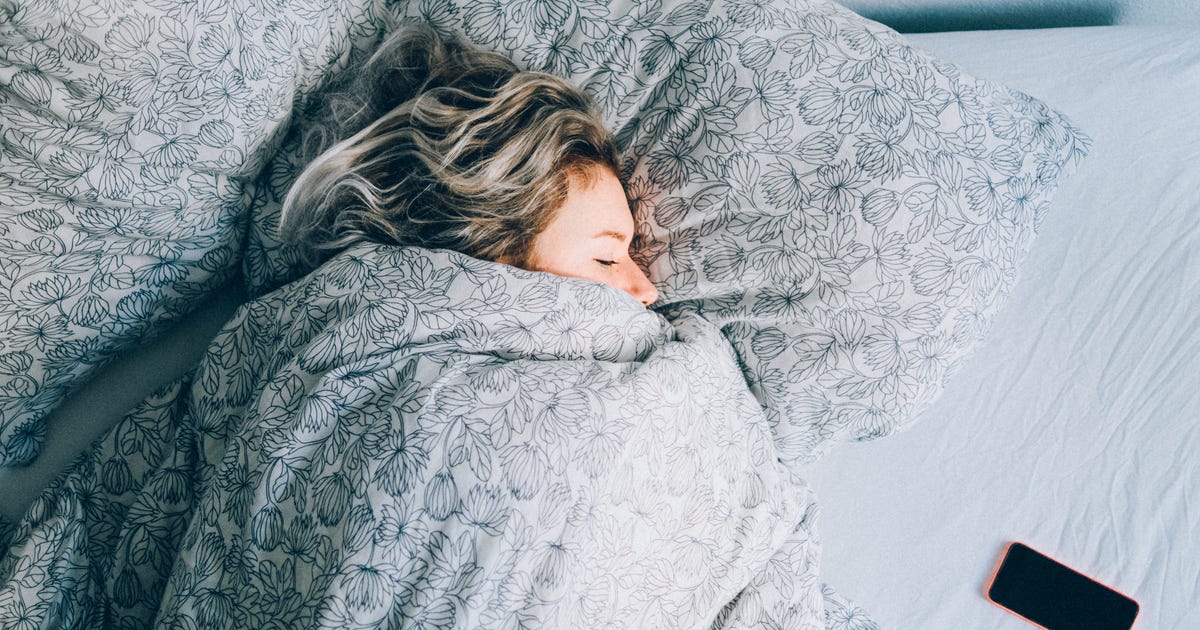
In the US alone, more than 795,000 people have a stroke each year. Researchers are working to understand the factors that increase stroke risk in order to help with prevention. A study published in the journal Neurology this week suggests that sleep issues — including snoring, snorting, too much sleep, too little sleep, taking long naps and sleep apnea — may increase a person’s likelihood of having a stroke.
Having multiple sleep issues may compound the danger. “Not only do our results suggest that individual sleep problems may increase a person’s risk of stroke but having more than five of these symptoms may lead to five times the risk of stroke compared to those who do not have any sleep problems,” said lead author and stroke researcher Christine McCarthy in a University of Galway statement this week.
The study is part of a global research project called Interstroke that’s exploring risk factors for stroke. The paper included 4,496 people (with an average age of 62), of which 2,238 had a stroke. The participants answered questions about sleep behaviors and issues. The people who had a stroke were matched with people of the same sex and similar age who did not have a stroke in order to compare their experiences.
The results showed strong associations between sleep problems and stroke. “Participants who reported sleep apnea and snorting were nearly three times more likely to have a stroke, while people who snored were nearly twice more likely to have a stroke than those who did not,” the university said.
Northwestern Medicine vascular neurology specialist Richard Bernstein, who was not involved in the study, told CNET this type of research can only detect associations, not causal links. That means the results show sleep problems are associated with stroke risk, but may or may not be a cause of that increased risk.
Poor sleep has been connected to other health conditions, and improving sleep can have mental and physical health benefits. Strategies for getting better sleep include having a regular bedtime and limiting screen use before going to sleep. CNET Editor Adam Benjamin also has a five-minute “to-do list” hack that helped him tackle his insomnia.
Bernstein is interested to know if improving sleep problems would lower stroke risk. “There is some evidence that fixing sleep issues lowers heart disease risk, and some heart problems can cause stroke,” Bernstein said in an email. “So, I expect that addressing sleep issues will help reduce stroke risk, but to what extent is hard to say at this point.” This could be a focus of future research efforts.
The new study acts as a call for a better understanding of the connection between sleep and stroke risk. “Our results suggest that sleep problems should be an area of focus for stroke prevention,” said McCarthy.
The information contained in this article is for educational and informational purposes only and is not intended as health or medical advice. Always consult a physician or other qualified health provider regarding any questions you may have about a medical condition or health objectives.
